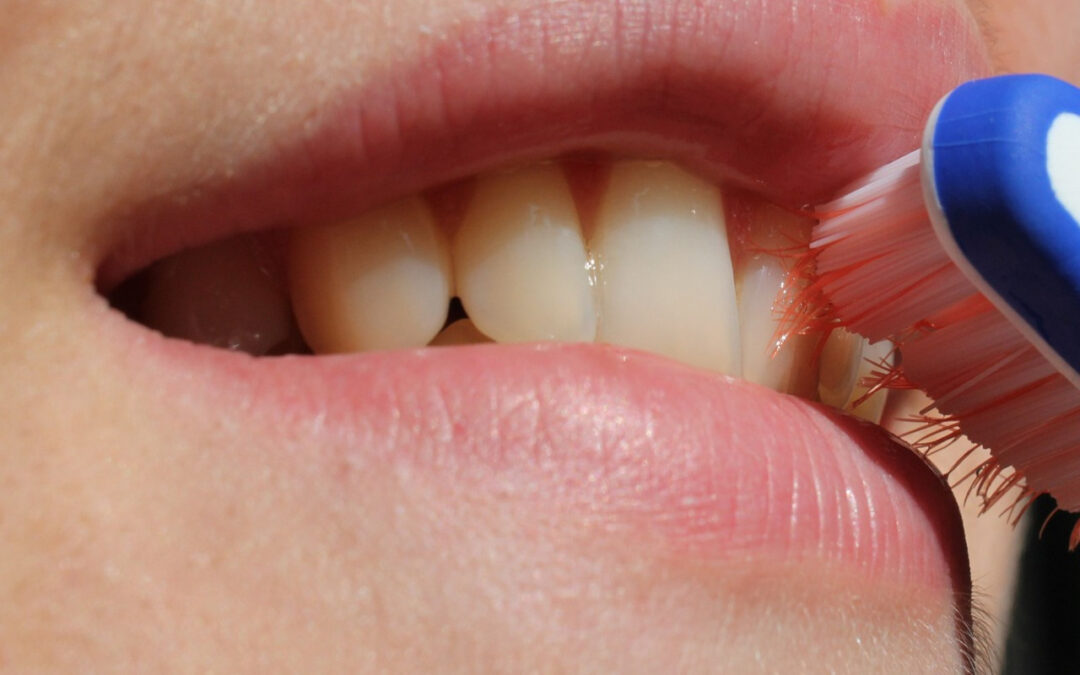Bad breath is not a simple condition that you can easily shrug off and pretend it is not there. Although it does not always cause serious dental and medical conditions, it can bring you more trouble than expected. Bad breath is a perfect source of embarrassment and a condition that can lose your confidence. All it ever does is come out of your mouth, and the whiff causes the people you talk with within proximate distance to cover their noses or back off a bit. Admit it. It is not only embarrassing but disturbing as well. This shameful circumstance can bring you psychologically and emotionally down.
Why does bad breath occur?
The most common cause why bad breath, or medically termed halitosis, develop is when food particles linger in the mouth. These are trapped in between teeth, debris in the lining of the mouth and on the tongue. Some bacteria keep themselves busy to prevent bad bacteria from forming. However, when you don’t clean your mouth and teeth to get rid of these particles, bad bacteria are immediately attracted causing them to form a community inside. Bad bacteria carry compounds that now cause your breath to smell foul.
The lack of water intake is another cause of bad breath. Dry mouth is where bad bacteria love inhabiting themselves because of the less moisture for them to keep working on. Smoking also causes your breath to smell bad. Not only that. It can cause tartar and plaque, another reason why breath smells bad, to build up.
Another reason for bad breath is infections such as tonsillitis, sinusitis, and other similar conditions. Infections carry themselves compounds that are absorbed down the mouth and cause the breath to smell bad. Aside from this, certain medical conditions trigger halitosis such as kidney problems, diabetes, periodontitis, and others. In addition, a person taking prescription drugs can be a candidate as well for suffering from halitosis. There is a wide variety of prescription drugs, which when taken orally, cause breath to smell bad.
How to Avoid Bad Breath
You can avoid bad breath. Practice regular oral dental hygiene. Brushing and flossing twice a day is a simple but effective way to avoid bad bacteria causing halitosis to form a community inside your mouth.
Mouth wash is also recommended to clean completely your mouth and breath. Since brushing and flossing alone do not completely vacuum your mouth with dirt, the rinse scrapes off any debris left around the lining of the mouth and tongue.
Tongue scraping is also a great way to prevent bacteria from reproducing and breeding grounds for bad bacteria. Keeping your mouth hydrated by drinking water throughout the day helps these bacteria busy working; thus, avoiding the breed of bad compounds.
Checking with your physician and dentist is a must once plagued with the condition. If bad breath continues even if you practice proper oral dental care, there is something wrong with your medical condition. If this is the case, the right person to diagnose and provide treatment is your physician or medical doctor.
Talking with your dental hygienist is a big step towards curing halitosis and gaining confidence afterward. Bad breath is never a simple thing to consider. If you don’t want to be affected by the negative things, take care of your hygiene and always check with your physician.


